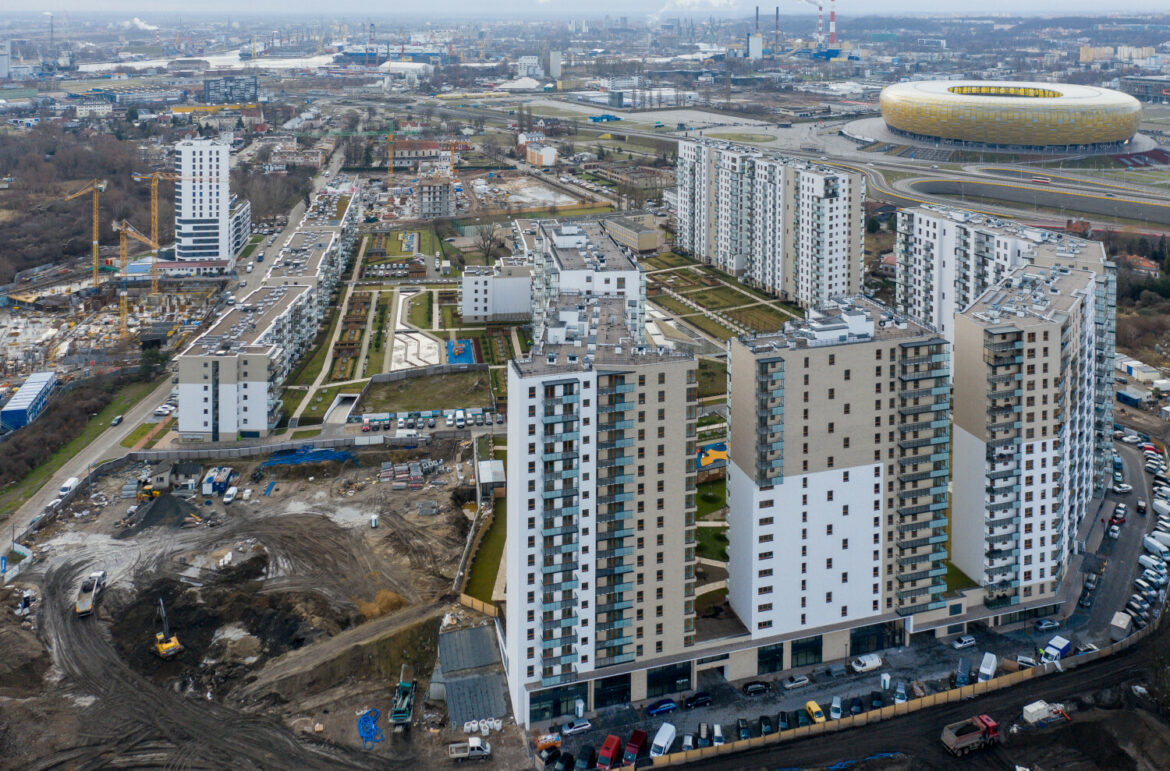According to the report of the Polish Economic Institute (PIE), “Socio-economic effects of spatial chaos” about PLN 84.3 billion is the total annual cost of spatial chaos in Poland. Calculated for each registered resident of Poland, it is PLN 2,200. If the spatial chaos would be limited, Polish municipalities would save at least PLN 5.8 billion annually.
According to PIE, the main causes of the problem include dynamic settlement processes, insufficient spatial planning at the local level and an oversupply of land intended for housing. The effect of spatial chaos is unequal access to public services: only 14% of inhabitants of the largest cities complain about the low transport accessibility, in the case of suburban zones this percentage increases to 45%.
Spatial chaos generates significant economic costs estimated at at least PLN 84.3 billion per year.
These costs are borne by residents, entrepreneurs and the state, including local governments. The largest part of the estimated amount (PLN 31.5 billion) are costs related to transporting services including the costs of excess commuting to work alone amount to at least PLN 25.9 billion per year, and this amount would be much higher if the remaining excess travel to places of service provision (schools, kindergartens, retail, recreation and other places) was taken into account. Secondly, there are costs of settlement and technical infrastructure (PLN 20.5 billion) – i.e. costs of construction and maintenance of redundant infrastructure such as roads, water and sewage networks, etc. The remaining three categories (agriculture, real estate market and natural environment) generated a total of PLN 32.3 billion. Przemysław Śleszyński from the Institute of Geography and Spatial Planning of the Polish Academy of Sciences noted that the calculated amounts represent the minimum cost of spatial chaos.
Adrian Andrzejewski





